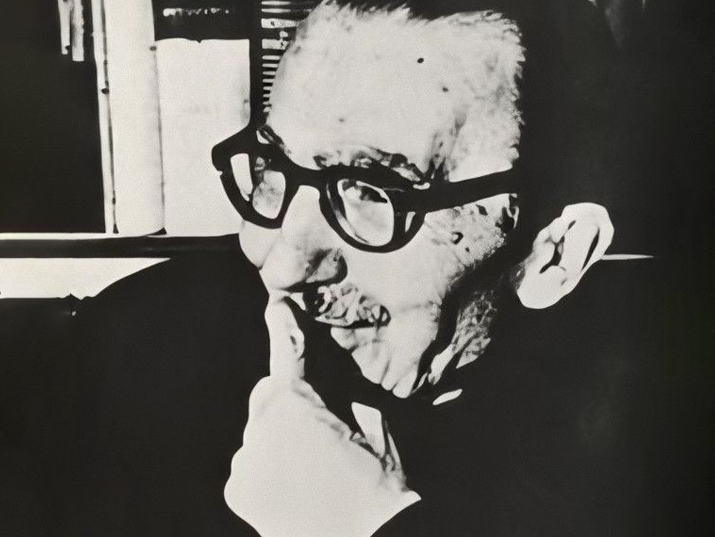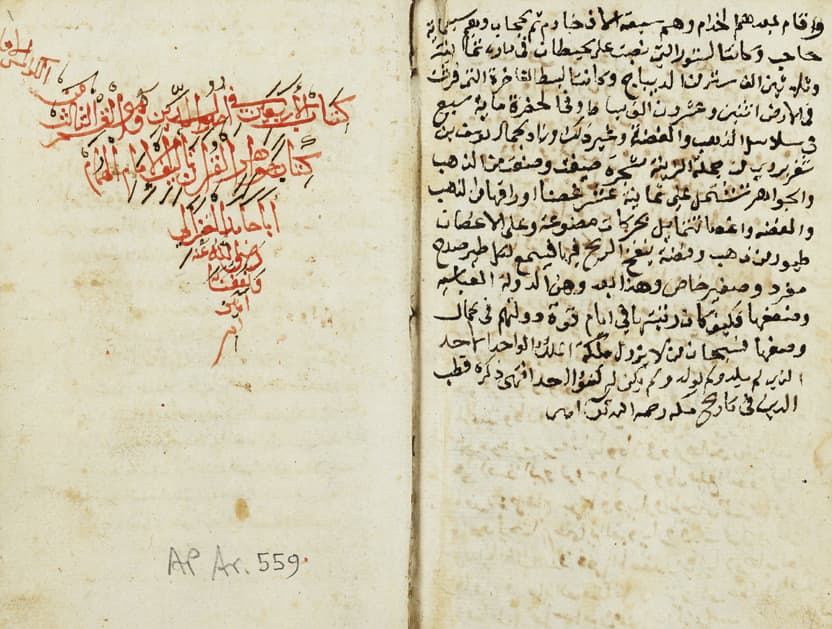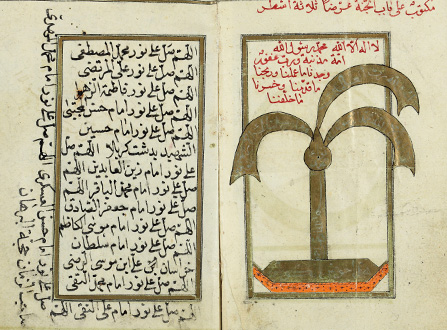The United Restitution Organization was founded in 1948 as a legal aid society, to help claimants of limited means living outside Germany, to recover both in restitution and compensation what was due to them from Nazi Germany. Legal offices were set up for this purpose, staffed by expert Jewish and European lawyers in the countries of refuge, in Germany itself and later in Austria. The URO was sponsored by the British Foreign Office as a qualified and responsible public service to undertake the preparation and pleading of claims in return for a modest fee in case of success. The administrative center, established in London, was headed by Secretary-General Hans Reichmann, a German-Jewish civil servant, from 1949 until his death in 1964. The number of clients soon reached 100,000, and rose in the peak period of activity to 250,000. For the first five years the URO was financed by voluntary Jewish bodies concerned with refugees: the Jewish Agency for Palestine, the American Jewish Joint Distribution Committee, and the Central British Fund for Palestine, and the Central British Fund for relief and rehabilitation. When the Government of Israel and the Conference on Jewish Material Claims against Germany (formed in 1952), jointly demanded reparation, restitution, and compensation, the latter, as the representative of the Jews in the Diaspora, advanced money to the URO from funds which it received from the German government and took over financial responsibility for the URO. A central office was opened in Frankfurt. In 1958 the URO maintained 29 branch offices in 15 countries including South America and Australia; and had a staff of 1,000, of whom 200 were legal officers. By 1967 the URO had recovered for its clients over 2,000,000,000 DM (500,000,000 USD) and with the fees from claims which were successful repaid the sums advanced by the Claims Conference and other philanthropic bodies. Later, the amount recovered for clients and the fees paid declined considerably. The money recovered included compensation for Jews who resided in the Eastern Zone or Eastern Sector of Berlin, as the federal German government took over the liability which had been rejected by the Soviet authorities and the East German government. It also included compensation for the confiscation of movable property, furniture, jewelry, securities, and bank accounts of Jews living in countries occupied by the Nazi armies, provided the claimant could prove that the property had been transferred to Germany. Since the Nazi bureaucratic system kept careful records of Nazi confiscations, the research staff of the URO was able to trace them. By the end of 1965 the filing deadlines under the principal restitution and compensation laws had expired. The scope of the URO's activities gradually began to diminish. By the end of 2009 the last URO offices had closed. Files from several URO offices were deposited at the CAHJP between 1979 and 2010: London (administration & personal files). Frankfurt (administration & personal files), Berlin (personal files), Munich (personal files), Cologne (personal files), Tel Aviv (administration and personal files) and Jerusalem (personal files). The administration files in the CAHJP are open to the public, while the personal files are still closed in order to protect privacy rights. This archival project has been supported by a grant from the Conference on Jewish Material Claims Against Germany.
United Restitution Organisation (URO)
لتكبير النص لتصغير النص- أرشيف

| العنوان |
United Restitution Organisation (URO). |
|---|---|
| هذا جزء من |
United Restitution Organisation (URO) |
| مستوى التوصيف |
Fonds Record |
| lds79 |
Legal aid society for claimants outside Germany for restitution and compensation from Germany. During World War II the Allies declared they would obtain restitution of property of Nazi victims which had been confiscated, taken, or sold under duress and financial compensation for their suffering - loss of liberty, health, profession, and employment, and loss of parents and family. Failing to agree on a uniform law, separate Ordinances on Restitution in each of the occupied zones were enacted, initially by the Americans (1948), and followed two years later by the English and French. A decree governing the Western Sectors of Berlin was promulgated about the same time.The United Restitution Organization was founded in 1948 as a legal aid society, to help claimants of limited means, living outside Germany, to recover both in restitution and compensation what was due to them from Nazi Germany . Legal offices were set up for this purpose, staffed by expert Jewish and European lawyers in the countries of refuge, in Germany itself and later in Austria. The URO was sponsored by the British Foreign Office as a qualified and responsible public service to undertake the preparation and pleading of claims in return for a modest fee in case of success. The administrative center, established in London, was headed by Secretary-General Hans Reichmann, a German-Jewish civil servant, from 1949 until his death in 1964. The number of clients soon reached 100,000, and rose in the peak period of activity to 250,000. For the first five years the URO was financed by voluntary Jewish bodies concerned with refugees: the Jewish Agency for Palestine, the American Jewish Joint Distribution Committee, and the Central British Fund for relief and rehabilitation.When the Government of Israel and the Conference on Jewish Material Claims against Germany (formed in 1952), jointly demanded reparation, restitution, and compensation, the latter, as the representative of the Jews in the Diaspora, advanced money to the URO from funds which it received from the German government and took over financial responsibility for the URO. A central office was opened in Frankfurt. In 1958 the URO maintained 29 branch offices in 15 countries including South America and Australia and had a staff of 1,000, of whom 200 were legal officers. By 1967 the URO had recovered for its clients over 2,000,000,000 DM (500,000,000 USD) and with the fees from claims which were successful, it repaid the sums advanced by the Claims Conference and other philanthropic bodies. Later, the amount recovered for clients and the fees paid declined considerably.The money recovered includes compensation for Jews who resided in the Eastern Zone or Eastern Sector of Berlin, as the federal German government took over the liability which had been rejected by the Soviet authorities and the East German government. It also includes compensation for the confiscation of movable property, furniture, jewelry, securities, and bank accounts of Jews living in countries occupied by the Nazi armies, provided the claimant could prove that the property had been transferred to Germany. Since the Nazi bureaucratic system kept careful records of Nazi confiscations, the research staff of the URO was able to trace it.By the end of 1965 the filing deadlines under the principal restitution and compensation laws had expired. The scope of the URO's activities gradually began to diminish. By the end of 2009 the last URO offices had closed.Files from several URO offices were deposited at the CAHJP between 1979 and 2010: London (administration and personal files). Frankfurt (administration and personal files), Berlin (personal files), Munich (personal files), Cologne (personal files), Tel Aviv (administration and personal files) and Jerusalem (personal files). The administration files in the CAHJP are open to the public, while the personal files are still closed in order to protect privacy rights.Sources:Encyclopaedia Judaica, 2007. For further details see: Norman Bentwich, The United Restitution Organization 1948-1968. The work of restitution and compensation for victims of Nazi oppression, Mitchell-London 1969, 47p. This archival project has been supported by a grant from the Conference on Jewish Material Claims Against Germany. |
| رقم النظام |
990043411600205171 |
| קישורים |
פרטים על מיקום החומר/Location&access |
-
-
-
-
-
-
-
-
-
-
-
-
-
-
-
-
-
-
-
- إظهار العناصر الـ 5 التالية من أصل 15
- عرض الكل
-
-
-
תנאי השימוש:
تمّ وضع شروط استخدام تتناسب مع كل ملف أرشيفي على حدة.
تظهر شروط الاستخدام في صفحة الملف الأرشيفي على موقع المكتبة الوطنية.
لمزيد من المعلومات حول خدمة الاستيضاح عن حالة حقوق التأليف والنشر، وشروط استخدام المواد المتاحة في مجموعات المكتبة، انقروا هنا.
MARC RECORDS
أتعرفون المزيد عن هذا العنصر؟ وجدتم خطأ ما؟

 سجل الدخول باستخدام غوغل
سجل الدخول باستخدام غوغل
 تسجيل الدخول باستخدام فاسيبوك
تسجيل الدخول باستخدام فاسيبوك



